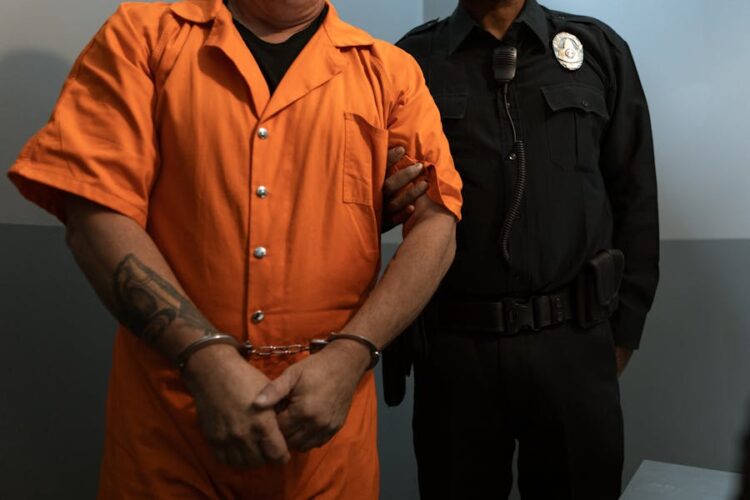Think about a world where your freedom depends on being able to pay a fine before you even get to court. It sounds like the story of a court drama, doesn’t it? Because of our monetary bail system, millions of people have to deal with this every day.
The justice system is important for keeping things in order, but monetary bail often feels like a game of chance, with a person’s wallet being used as a measure of justice. Let’s look into the mysterious and sometimes contentious world of monetary bail to find out what it’s all about and how it affects society.
What is Monetary Bail?
A court sets monetary bail, also known as cash bail, as the amount required to release an arrested person from jail while they await trial. Its purpose is to ensure the defendant appears in court and to prevent further crimes during their release.
How Does Monetary Bail Work?
When someone is arrested, the judge decides how much bail to set based on how bad the crime was and the person’s past criminal history. This could be anywhere from a few hundred to a few million dollars.
If the suspect or their family members can’t pay the full amount, they can get help from a bail bond company. These companies usually charge a 10% non-refundable fee and promise the court that the defendant will show up for trial.
Impact on Low-Income Communities
While the goal of monetary bail is to make sure people show up in court, it often hurts low-income groups the most because they can’t afford even small amounts. People end up staying in jail while they wait for their hearing, which puts their jobs, homes, and other important parts of their lives at risk. According to a study by the Prison Policy Initiative, bail failure results in the imprisonment of nearly 500,000 individuals daily.
Alternatives to Monetary Bail
There are more and more options besides cash bail these days. Some tools can figure out how likely it is that a criminal will not show up to court without paying bail.
Other tools can keep an eye on suspects before their trials without charging them. No one should go to jail because they can’t pay off their debts. These choices are meant to be fair.
Controversy Surrounding Monetary Bail
Bail bonds have been criticized by both sides of the justice system. Supporters argue it’s vital to maintain order and bring culprits to justice.
However, opponents argue that it unfairly affects affluent people and that no one should lose their rights because of their wealth. Studies have demonstrated that bailing someone out with money does not increase court attendance.
The debate over monetary bail continues to fuel discussions about justice reform nationwide. Consider Marion County Bondsman, who advocates for a more equitable system that balances the need for public safety with the rights of individuals. Their efforts highlight the ongoing need for innovative solutions and policy changes in the criminal justice landscape.
The Future of Monetary Bail: Reform or Abolition?
There is more talk about changing the criminal justice system, and the idea of monetary bail has grown in importance. Some states have already made changes, like getting rid of cash bail for small crimes.
Other states are also looking at doing the same. It’s still not clear what will happen with monetary bail, but one thing is clear: it’s a problem that needs to be carefully thought through and dealt with.
Does this article help you? Explore our website to find more helpful and fun stories that could help you.










